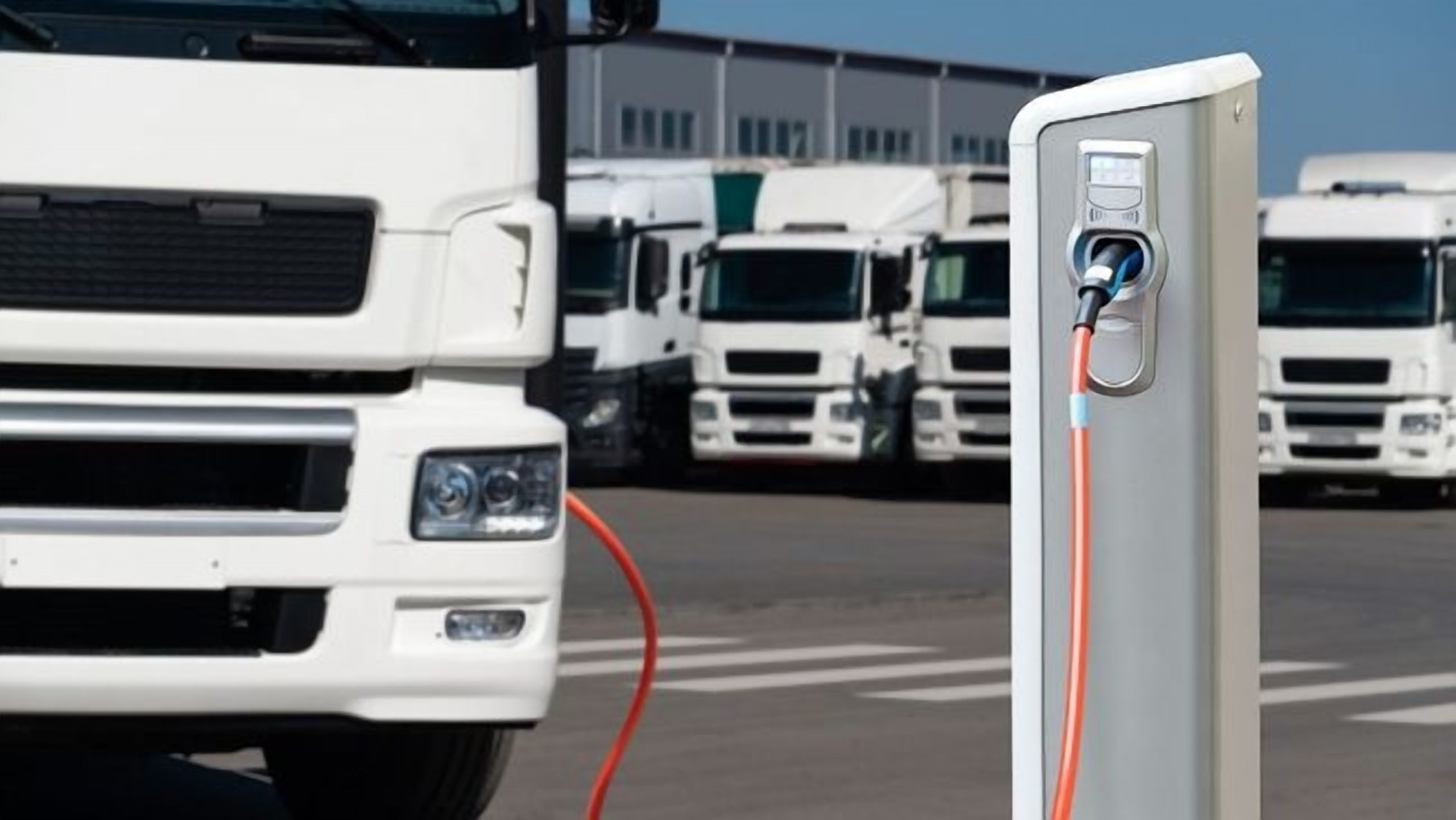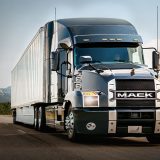Duke Electrification Depot Project: A Pioneering Effort in Commercial Fleet Electrification
Introduction

The Duke electrification depot project in North Carolina aims to develop, test, and deploy zero-emissions light, medium, and heavy-duty commercial electric vehicle fleets.
The Duke electrification depot project in North Carolina aims to develop, test, and deploy zero-emissions light, medium, and heavy-duty commercial electric vehicle fleets. With increasing focus on sustainability and reducing carbon footprints, this groundbreaking project is a testament to the growing commitment towards electrifying commercial fleets. This article will delve into the details of the Duke electrification depot project and its potential impact on the future of commercial transportation.
Partnerships for Success: Electrada and Daimler Truck North America
Duke Energy has partnered with EV infrastructure developer Electrada to develop the fleet charging center. Daimler Truck North America, a prominent player in the automotive industry, will be a founding participant in the fleet EV charging program. This collaboration will provide a commercial-grade charging experience for fleet customers evaluating or launching electrification strategies.
Mount Holly Microgrid: A Unique Charging Solution

The charging center will be capable of providing energy from either the bulk electric system or the utility’s Mount Holly microgrid, which is powered by carbon-free resources.
The charging center will be capable of providing energy from either the bulk electric system or the utility’s Mount Holly microgrid, which is powered by carbon-free resources. This makes the project the first electric fleet depot to offer a microgrid charging option.
The Growing Trend of Fleet Electrification
A 2021 report from RMI surveyed fleet managers for local and state governments, utilities, universities, private technology companies, and delivery services. The report found that 81 percent had already begun electrifying their fleets. Fleets make up about 3 percent of all vehicles registered in the United States but can have an outsized influence on the successful electrification of the entire transportation sector.
Enjoying our insights?
Subscribe to our newsletter to keep up with the latest industry trends and developments.
Stay InformedTimeline and Investments
The fleet depot is expected to be operational by the end of this year. Electrada’s investment in the project will go towards the charging depot, allowing Duke Energy to focus on distribution system performance to support the predictable addition of electric load over time.
Daimler Truck North America’s Proximity and Future Collaboration

Daimler Truck North America has a manufacturing facility near the planned charging center.
Daimler Truck North America has a manufacturing facility near the planned charging center. The proximity creates an ideal opportunity to utilize the chargers at the site and demonstrate charging technologies to customers visiting the plant in the future.
The Economic Potential of Zero-Emission Vehicles
There is “enormous economic potential” in shifting commercial transportation to zero-emission vehicles, according to Will Scott, director of Southeast climate and energy at the Environmental Defense Fund. Projects like the Duke electrification depot project are essential for North Carolina fleet owners to take advantage of the cost savings in transitioning to electric vehicles.
A Model for Future Developments
The Duke electrification depot project serves as a model for how third parties can collaborate with customers and utilities to streamline the electrification experience. As Scott noted, this type of project can be replicated at other fleet depots across the state and the country, providing a blueprint for future electrification initiatives.
Conclusion
The Duke electrification depot project is a pioneering effort in the realm of commercial fleet electrification. Its partnerships with Electrada and Daimler Truck North America, as well as its innovative use of the Mount Holly microgrid, showcase the potential for similar projects to revolutionize the similar projects to revolutionize the commercial transportation sector. The Duke electrification depot project demonstrates the potential for collaboration between utilities, infrastructure developers, and vehicle manufacturers to create sustainable and economically viable solutions for commercial fleet electrification.
For more news on Tech in the Trucking Industry, click here to find out more and keep yourself up to date on all the latest tech developments.
The Future of Commercial Fleet Electrification

The success of projects like the Duke electrification depot will play a crucial role in driving the adoption of EVs in commercial transportation.
As more companies and institutions commit to reducing their carbon footprints and meeting sustainability goals, the demand for electric vehicles (EVs) in commercial fleets will continue to grow. The success of projects like the Duke electrification depot will play a crucial role in driving the adoption of EVs in commercial transportation.
Government Incentives and Support
Government support, through incentives and regulations, is vital for the widespread adoption of EVs in commercial fleets. Federal and state governments can provide tax credits, rebates, and grants to businesses that invest in zero-emission vehicles and charging infrastructure. Additionally, governments can set ambitious goals and mandates for fleet electrification, which will encourage businesses to invest in EVs and help accelerate the transition to sustainable transportation.
Technological Advancements
Continued advancements in battery technology, charging infrastructure, and EV design will further drive the adoption of electric vehicles in commercial fleets. As battery prices continue to decline and energy density improves, the total cost of ownership for EVs will become more competitive with traditional internal combustion engine vehicles. Moreover, advancements in charging infrastructure, such as fast-charging stations and smart grid integration, will make it easier for fleet operators to manage and maintain their EVs.
Collaboration and Partnerships
The success of the Duke electrification depot project highlights the importance of collaboration and partnerships in driving the adoption of EVs in commercial fleets. By working together, utilities, infrastructure developers, vehicle manufacturers, and other stakeholders can create innovative solutions that meet the unique needs of fleet operators. This collaborative approach will be essential for overcoming the challenges associated with widespread EV adoption in commercial transportation.
Final Thoughts
The Duke electrification depot project is a significant milestone in the journey towards a sustainable future for commercial transportation. By leveraging partnerships, innovative charging solutions, and a commitment to sustainability, Duke Energy and its collaborators are paving the way for other organizations to follow suit. As more companies adopt zero-emission vehicles and invest in charging infrastructure, the commercial fleet electrification trend will continue to gain momentum, ultimately transforming the transportation sector and contributing to a cleaner, greener future.
External Resources
- Duke Energy Official Website: Duke Energy
- Electrada Official Website: Electrada
- Daimler Truck North America Official Website: Daimler Truck North America
- Mount Holly Technology and Innovation Center: Mount Holly
- Environmental Defense Fund Official Website: Environmental Defense Fund
- RMI (Rocky Mountain Institute) Official Website: RMI
- RMI 2021 Fleet Electrification Report: Report




















